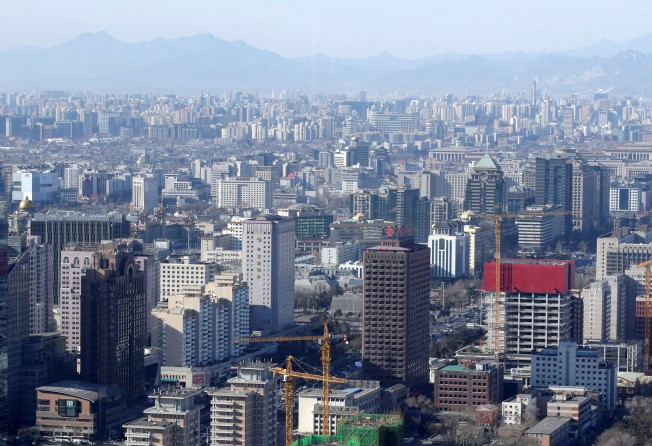China Vanke eyes shift to property leasing as soaring home prices foster new class of renters

China Vanke has vowed to give priority to its leasing business this year as the developer tries to cash in on the country’s rising demand for rental properties amid the increasing unaffordability of urban homes.
Zhu Xu, board secretary of the Shenzhen-based developer told an investor meeting on Tuesday that the company will seek expand its leasing services in key mainland cities this year.
She said the company will offer 16,000 leasable apartments under its Port Apartment brand.
“So far there is no ‘unicorn’ in the sub-sector,” she said.
The comments came as the Chinese government is drafting regulations to bolster the home leasing sector amid increasing unaffordability of homes in China’s biggest cities.
Lu Kehua, vice-minister for China’s housing ministry in February said about 160 million people, or 21 per cent of urbanites, are renters, with the majority being recent college graduates and migrant workers.
The rental property market is estimated to be worth 1 trillion yuan (US$144.9 billion) by 2020, according to CICC.
In spite of the market growth potential, there are number of drawbacks for those considering the property leasing businesses.
Chief among them are China’s record low rental yields owing to soaring real estate prices, and a lack of suitable en block buildings.
Brokerage Guotai Junan notes that rental income growth has lagged behind home prices. Rentals in first-tier cities yield about 2 per cent, in line with the savings deposit rate at local banks. The yield means that investors will have to wait 60 year to recover their investment. The problem is compounded by an absence of a rental asset securitization market.
“Ten years ago, economy-class hotel chains mushroomed in China’s biggest cities because landlords were not clever as they rented their buildings at very low prices. Now rents in the biggest cities are rising every year and those chains have been squeezed by the narrowing gap between cost and rent,” said Wang Gehong, founder of CYPA, a long-term lease brand in Beijing.
Despite years of rhetoric of bolstering lease business, rental income only accounted for 2 per cent of Chinese developers’ total income in 2015, according to Guotai Junan.